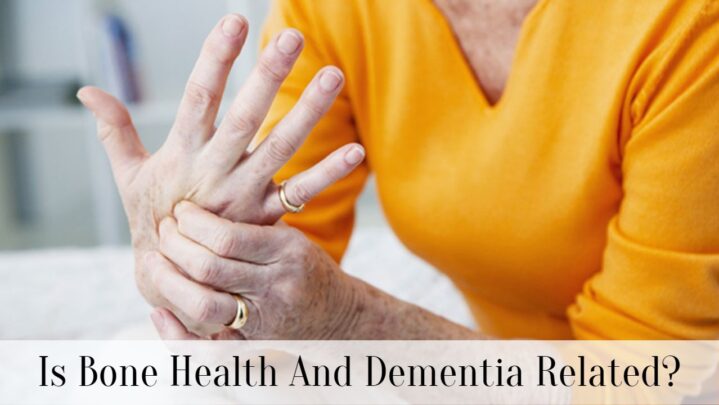Bone mineral density is a crucial predictor of fracture, which can cause loss of independence in people with dementia, although it is still unclear whether the two are biologically related.
Understanding the level of bone loss prior to the beginning of dementia could help with the creation of preventive measures that improve the health and treatment of dementia patients.
Recently, scientists looked into the relationship between dementia incidence and bone mineral density.
They discovered that those who had poor bone mineral density had an increased risk of dementia.
The research was published in the American Academy of Neurology’s medical journal, Neurology.
A higher risk of dementia is associated with ill bone health.
In this study, 3, 651 participants without dementia underwent X-rays to evaluate the health of their bones between 2002 and 2005. The researchers then looked at the healthcare information from these participants.
In addition to demographic information, the researchers also examined information on education level, smoking habits, cholesterol levels, the likelihood of developing comorbid conditions, and genetic risk.
57.9% of the patients were female, and their average age was 72. For around 11 years, they were monitored.
The number of patients who experienced dementia during the follow-up was 18.8%, with Alzheimer’s disease affecting 76.7% of them.
They did point out, however, that their findings are in contrast to past research since they do not indicate a connection between dementia risk and lumbar spine bone mineral density, which refers to the five lower spine bones. In addition, comparing earlier studies
Low bone mineral density raises the risk of dementia in men but not in women, according to a reliable source.
Exercise and food can have an impact on dementia as well as inadequate bone density. These behaviors and activities can impact our cognitive health, as is known to happen with dementia. The same is true for someone who has poor eating and activity habits.





